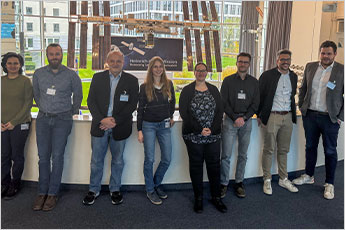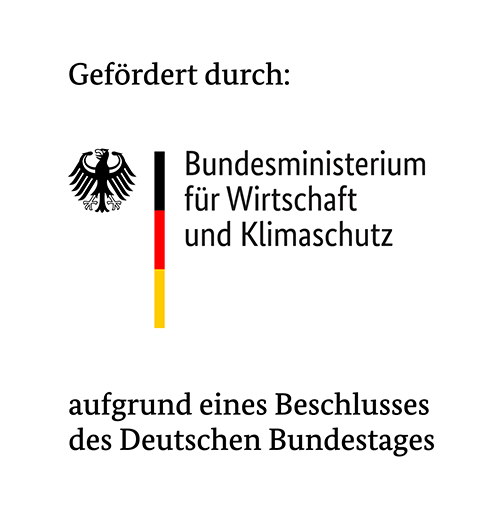ENSPECT
Veröffentlicht am

Projects
ENSPECT
Kick-off meeting for ENSPECT at the German Aerospace Center in Bonn on November 20th, 2024

Project timetable: 11/1/2024 – 10/31/2027
Supported by the BMBF
Funding code: 50PS2401
“Enabling New Space Power Electronics” is the motto of the new joint project ENSPECT, which is funded by the Federal Ministry of Economic Affairs and Climate Action (BMWK) and supervised by the German Aerospace Center (DLR) as project management organization. The project aims to investigate the effects of radiation, as it occurs in space, on GaN-based power electronic assemblies. Project partners are the University of Stuttgart with its Institute for Robust Power Semiconductor Systems, the Fraunhofer Institute for Applied Solid State Physics in Freiburg, the Institut für Mikroelektronik Stuttgart and TESAT-Spacecom GmbH & Co KG in Backnang.
New types of electronic components made from the semiconductor material gallium nitride can be used to build very fast and low-loss converters for electrical energy. For example, there are already very compact and energy-efficient cell phone chargers that benefit from GaN components. These new components can also be used to control electrical energy in electric vehicles or photovoltaic systems. In order to be able to use the advantages of GaN technology in critical space applications such as satellites, the “space suitability” must be investigated and proven. Backnang-based TESAT Spacecom GmbH, one of the leading international suppliers of satellite electronics and communications technology, is a partner in the ENSPECT project and will expose selected GaN components to simulated space conditions, with a particular focus on their robustness against ionizing radiation, to which satellites are heavily exposed in space. This radiation can cause electronic components to age or fail. The project partners are therefore investigating the influence of such radiation exposure on GaN components in order to gain an understanding of the processes and to be able to define suitable component structures and operating modes for use in space satellites.
The project is funded by BMWK with 1.07 mio. Euros and set to run for 3 years (funding code 50PS2401)

The project is funded by BMWK with 1.07 mio. Euros and set to run for 3 years (funding code 50PS2401)
www.ilh.uni-stuttgart.de/
Contact:
Thomas Deuble
Phone: +49 711 21855 244
e-mail: Thomas Deuble